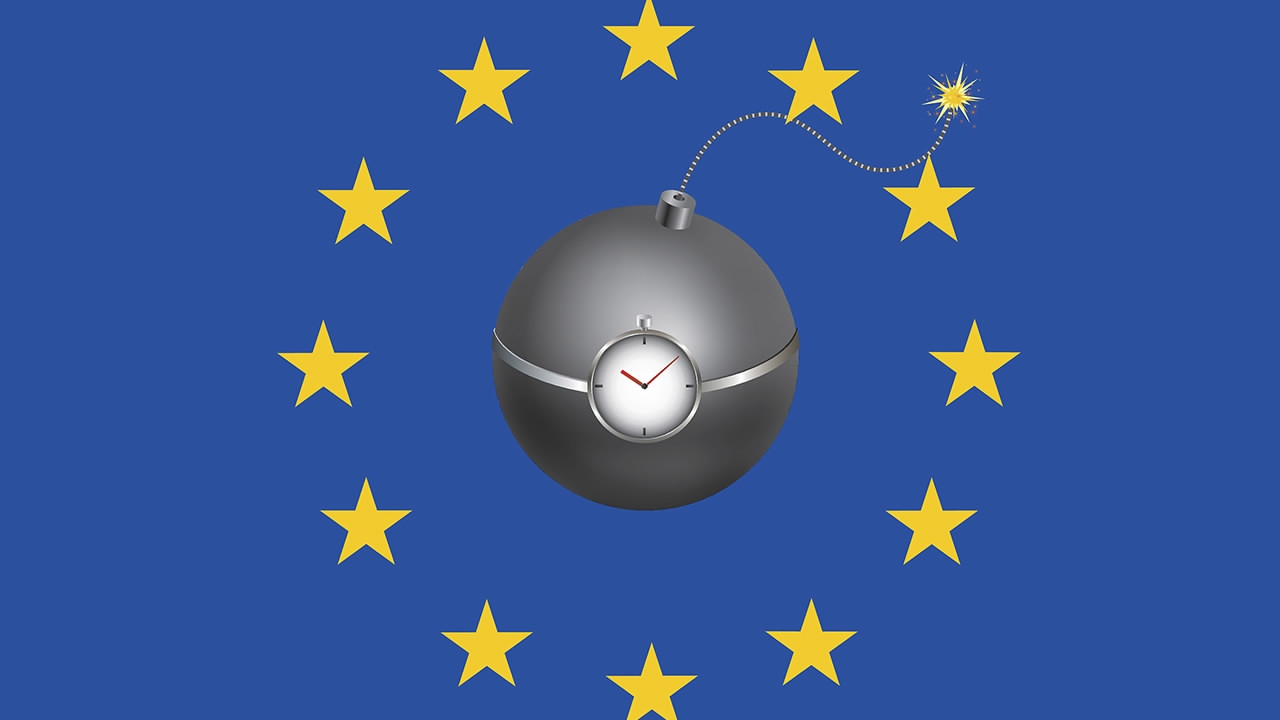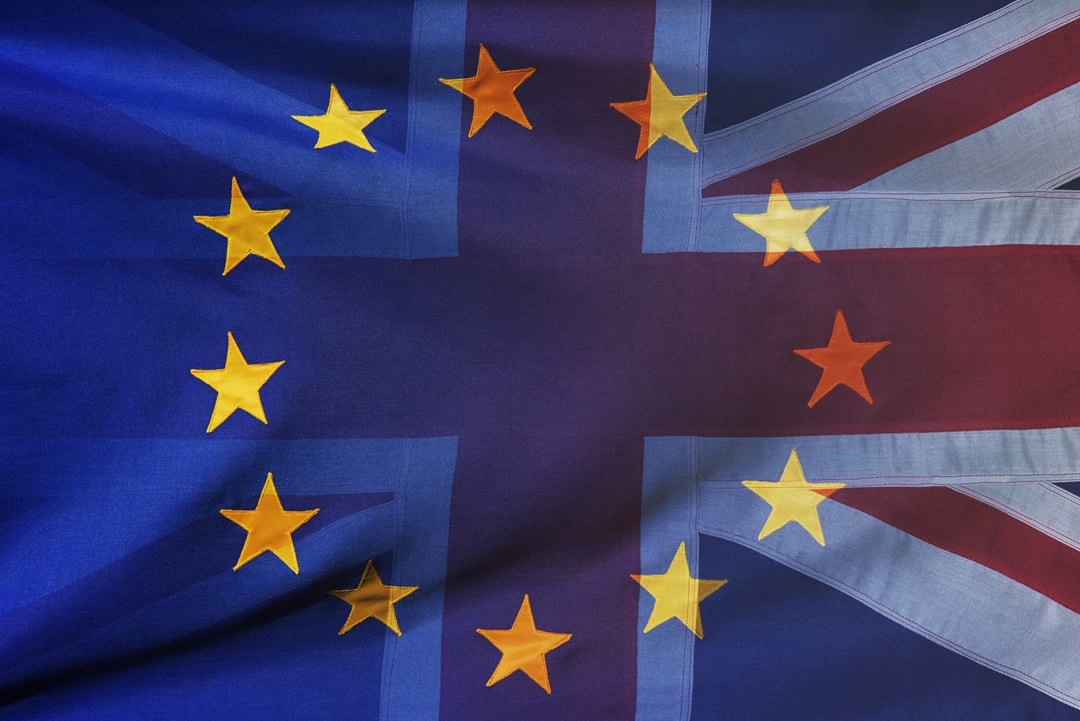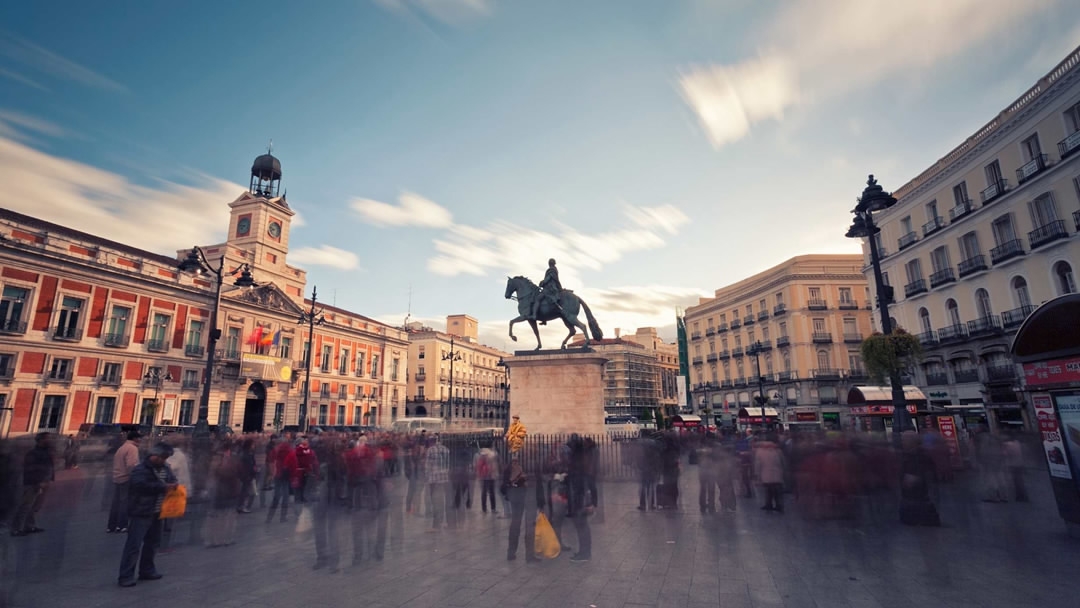
Business
18:51, 22-Jan-2018
A Fractured World: Eyes on politically and socially divided Europe
By CGTN’s Jack Barton

In Europe, 2009 will always be remembered as the start of the Euro crisis that almost tore the European Union apart.
Carsten Brzeski, Chief Economist at International Nederland Group, said that institutional setup is the real reason behind the crisis.
“What really caused the Eurozone crisis were the flaws in the institutional setup. So we have one single monetary policy, one interest rate for all countries, but enormous economic differences, and having one interest rate for a bunch of countries that are so different really creates bubbles, boosts and busts,” said Brzeski.
At the height of the crisis, Europe experienced a massive influx of immigrants from Africa and war-torn countries in the Middle East. The refugee crisis coupled with the economic crisis led to the rise of populist parties who’ve made big political gains in countries including Greece, France, Austria, the Netherlands and Hungary. Britain even held a referendum on leaving the EU.

Eurozone flag combined with British flag /VCG Photo
Eurozone flag combined with British flag /VCG Photo
“52 percent of the UK public voted to leave for many different motivations. The two principal ones though were concerns over migration to the UK economy and the impact that has had on public services and labor markets. I have to say the evidence is fairly mixed on that, but also you had people who wanted to claim sovereignty back,” said Simon French, Chief Economist at Panmure Gordon.
A stroll along a typical London high street reveals change is already underway. The owners of this teahouse say fewer foreigners are applying for jobs. In some cases, British industries like carpets appear to be rebounding.
Michael McHugh, the Owner of M & L Carpets, said their French and Dutch as well as some of their domestic products have gone up in price. “I guess more expensive for the customers for the foreign products they buy.”
But, businesses relying on European products are feeling the pinch. The World Trade Organization has warned that Brexit could lead to a “lost decade” of economic hardship, a fear echoed by the mayor of London who expects Britain’s divorce from the EU to result in half a million lost jobs.

A Spanish scene in Madrid. /VCG Photo
A Spanish scene in Madrid. /VCG Photo
In Spain, the region of Catalonia also held an independence referendum, which was deemed illegal by Madrid. Wealthy Catalonia had long been forced to fund poorer regions of Spain. Resentment about this, and corruption in Madrid, has grown further since the start of the Euro crisis.
However, there are signs of improvement.
Brzeski explained to CGTN reporter Jack Barton that “what we do see now over the last one or two years with the economies starting to recover with unemployment rates dropping is that support for Europe has grown again. So there is a close correlation about how people actually feel about the EU and Europe and how they feel about their own destiny and whether they have a job.”

SITEMAP
Copyright © 2018 CGTN. Beijing ICP prepared NO.16065310-3
Copyright © 2018 CGTN. Beijing ICP prepared NO.16065310-3